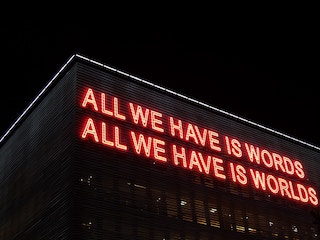Simply put, words do matter. In the words of the late Dr. Judith Glaser, “Words create Worlds.”
Words used by world leaders can generate emotional threats or fears producing higher levels of cortisol leading to our need to protect and run from a threat. Conversations that are “We” centric, on the other hand, are those designed to connect us, activate our brain’s executive function and position us to listen at a deeper level.
In a 2015 Washington Monthly article by Nancy LeTourneau, she references the differences individual (“I” centric) and collective (“We” centric) words as the focus of our democracy. The Preamble to the Constitution is created through “We the People.” It is the people who are sovereign.
(https://constitutioncenter.org/interactive-constitution/preamble/giving-meaning-to-the-preamble-by-erwin-chemerinsky/interp/37)
I’ve been thinking about words – both the intent and impact. Are the words used in our conversations, and those of our leaders, intending to active cortisol and send us running to take cover, or are they aiming to activate oxytocin and generate trust and positivity. When you read the words below, notice how you feel as you read them.
In the April 1st edition of The New Yorker, there is a disturbing article titled Southern Strategy by Jon Lee Anderson. For those of us with a passion for democracy and the rule of law, this article is discomforting at multiple levels. According to Anderson, Jair Bolsonaro, President of Brazil was elected on promises to end crime, right the economy, and “make Brazil great.” Bosonaro has spent his career offending women, black people, environmentalists, and gays. “I would be incapable of loving a homosexual son,” he has said.” “I would prefer that my son dies in an accident than show up with some guy with a mustache.” As a national legislator, he declared one political rival, Maria do Rosario, “not worth raping.”
Although Trump did not attend Bolsonaro’s inauguration, he tweeted his solidarity: “The USA is with you!” [1]
So, just for this next week, I’m challenging you to pay attention to the words you use and those you hear. Where and how do the words activate in your body? I’d love you to share what you learn about yourself through this intentional and mindful challenge.
Conversations are multidimensional, not linear.
[1]The New Yorker, April 1, 2019, P.19






